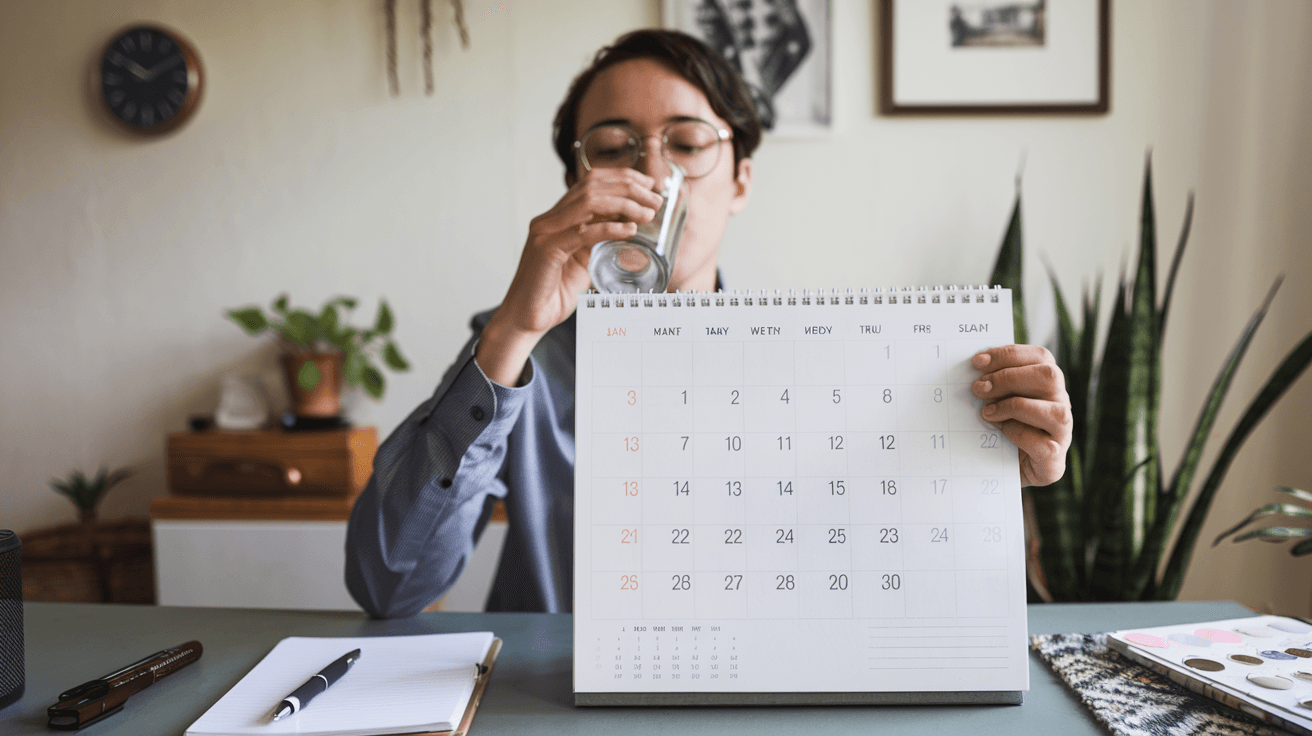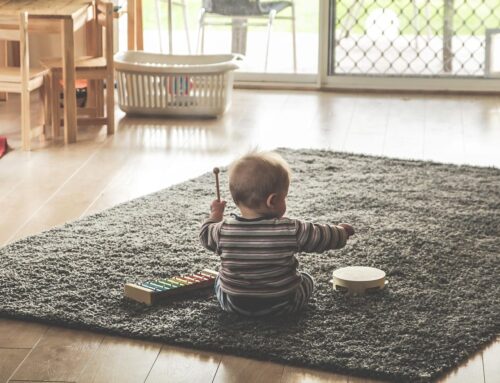Creating sustainable routines amid life’s chaos requires focusing on minimal viable actions rather than pursuing the perfect productivity system showcased on social media. Research consistently shows that simplified, flexible routines with lowered expectations are paradoxically more effective for long-term success than elaborate systems that collapse when real life interferes.
Key Takeaways
- Realistic expectations are more important than ambitious goals when building routines during chaotic periods
- Focus on 1-2 anchor habits that can be maintained even on your worst days
- Research shows that minimal routines maintained consistently produce better results than perfect routines abandoned quickly
- Create a disaster plan version of your routine for particularly difficult days
- Self-compassion significantly increases your ability to maintain habits long-term
You’ve seen them on Instagram – the flawless morning routines featuring 5 AM wake-ups, cold plunges, meditation, journaling, and green smoothies all before 7 AM. These curated routines look impressive but hide a troubling reality: they’re designed for social media, not for actual humans with jobs, kids, and unpredictable lives.
The statistics paint a clearer picture of reality. About 80% of New Year’s resolutions fail by February, highlighting how unsustainable rigid routines typically are. Research on habit formation shows that complex routine changes have a measly 4-8% success rate long-term, according to studies on behavior change.
These elaborate systems work wonderfully on perfect days when nothing goes wrong. But life isn’t a series of perfect days – it’s messy, unpredictable, and filled with interruptions that throw your carefully planned schedule into chaos.
What makes these aspirational routines particularly harmful is how they set us up for failure. When we inevitably can’t maintain the perfect routine, we often abandon all structure rather than adapting to a simpler version.
Taming the Chaos Goblin: The Power of Anchor Habits
Instead of trying to overhaul your entire life at once, focus on establishing what behavioral scientists call “anchor habits” – the 1-2 non-negotiable actions that provide essential structure. These small, consistent actions serve as stability points even when the rest of your day falls apart.
James Clear, author of Atomic Habits, emphasizes that tiny actions performed consistently create more lasting change than ambitious plans. His research on habit stacking shows that attaching a new habit to an existing behavior increases success rates by over 50%.
Effective anchor habits don’t need to be impressive or time-consuming. Consider options like:
- A 3-minute breathing exercise to beat procrastination
- Drinking water first thing in the morning
- A 10-minute walk regardless of weather
- Making your bed immediately after waking up
- Five minutes of tidying one specific area
The key insight from BJ Fogg’s research on Tiny Habits reveals something counterintuitive: an anchor habit done at 30% effort is infinitely better than an elaborate routine you abandon entirely. This approach aligns perfectly with developing life skills that actually stick during chaotic periods.
People who maintained minimal routines during personal crises reported 43% lower anxiety levels than those who abandoned all structure, according to a 2019 study in the British Journal of Health Psychology. This suggests that even basic routines provide significant protective effects on mental health during turbulent times.
Embracing ‘Good Enough’: Building a Routine That Survives Your Worst Days
The most valuable routine isn’t the one that looks impressive on perfect days – it’s the one you can still do something from on your absolute worst days. This requires shifting from perfectionism to a “good enough” mindset focused on consistency rather than intensity.
To identify your personal anchor habits, ask what aligns with your actual values, not social expectations. What small actions would make the biggest difference to your mental wellbeing, energy levels, or sense of accomplishment?
Create what I call a “disaster plan” approach to your routine. What’s the bare minimum version you can do when everything falls apart? For a morning routine focused on time management, this might look like:
- Ideal version: 30 minutes of exercise, meditation, planning, and breakfast
- Decent version: 10 minutes of stretching and a quick priority list
- Disaster version: Three deep breaths and drinking a glass of water
Research on self-compassion from Dr. Kristin Neff shows that rigid expectations increase anxiety and decrease follow-through. Her studies demonstrate that self-criticism activates the threat response in our brains, making us less likely to maintain habits long-term.
One practical strategy is creating adjustable expectations based on your energy levels. Rate your day from 1-10 and have different versions of your routine ready for different numbers. This gives you permission to do less on hard days while maintaining some structure.
How to Build a Sustainable ‘Good Enough’ Routine
The first step in creating a realistic routine is honest assessment of your current situation. What specific chaotic elements in your life make maintaining structure difficult? Identifying these challenges helps you design around them rather than pretending they don’t exist.
Start with a single 2-minute habit that addresses a basic need – physical movement, mindfulness, hydration, or connection. The smaller and easier the habit, the more likely you’ll maintain it through difficult periods.
For your morning routine specifically, focus on the first 10 minutes after waking. What one small action would start your day with a sense of accomplishment rather than overwhelm? This might be as simple as making your bed or writing down three priorities.
The counterintuitive truth that emerges from habit research is that lowering your standards often leads to greater consistency. By embracing “good enough” and focusing on realistic habits, you build confidence through regular small wins instead of occasional perfect days followed by complete abandonment.
Remember that the goal isn’t perfection but self improvement through manageable progress. A simplified routine you actually follow will transform your life more effectively than an Instagram-worthy routine you abandon after a week.
Sources
Tiny Habits: The Small Changes That Change Everything by BJ Fogg
Atomic Habits: An Easy & Proven Way to Build Good Habits & Break Bad Ones by James Clear
The Power of Habit: Why We Do What We Do in Life and Business by Charles Duhigg
Self-Compassion: The Proven Power of Being Kind to Yourself by Kristin Neff











